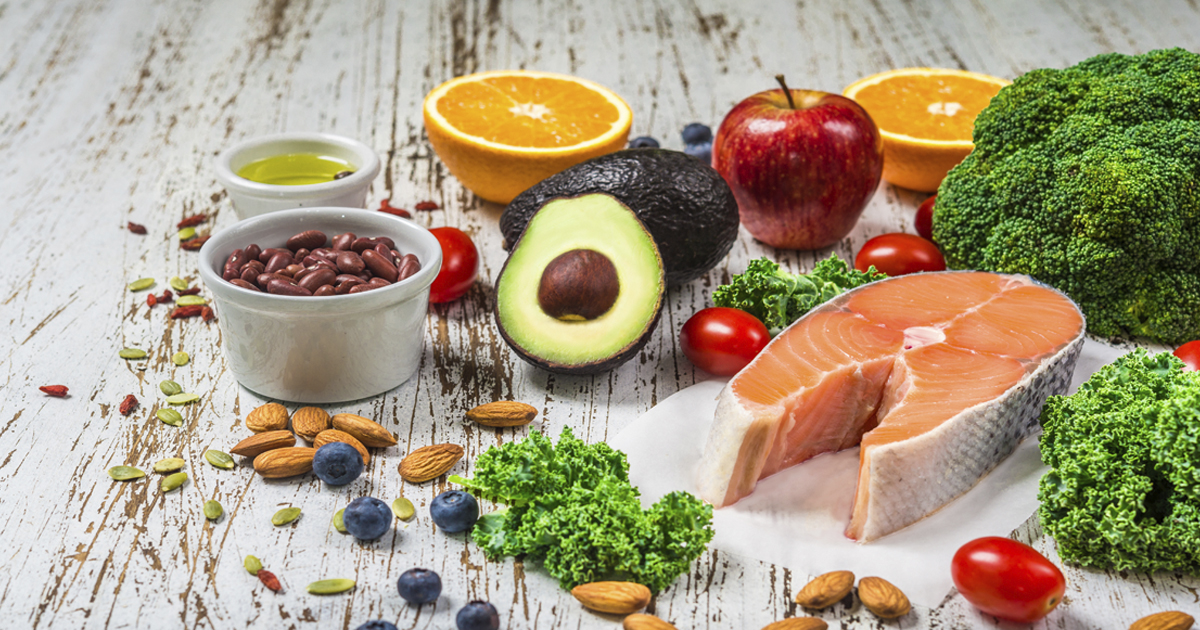Individuals who suffered with COVID-19 at the beginning of the pandemic developed antibodies which are no longer as protective against newer versions of the virus, latest research reveals.
The Australian-based study examined the human body’s reaction to the coronavirus.
- Tenth of COVID-19 deaths in black community could have been avoided if patients had received the same care as white people, survey reports
- High blood sugar levels impacts COVID-19 severity
The results identify that vaccines offer a better level of protection compared to the immune system’s normal defence reaction once infected with the virus. Additionally, the findings underline that more vaccine models need to be developed to tackle future COVID-19 variants.
During a seven-month period, the academics found that immunity rates over time are impacted by the type of COVID-19 variant and its level of harm.
It showed that antibodies that were produced during the first lockdown are no longer protective against six types of the virus, including three global variants that significantly impacted countries including the UK, Brazil and South Africa.
The experts gathered their results by examining the serum of 233 participants who were infected with COVID-19.
Serum is a key point of analysis as it provides vital material about the immune system.
This makes it easier to explore the natural antibodies which are developed once infected with COVID-19. These antibodies protect cells from infections such as COVID-19.
Chief scientist Professor Fabienne Brilot said: “We can learn a great deal from these people who were infected in the first wave in Australia as they were infected with the same variant that our current vaccines are based on.
- Top expert warns that Long COVID is America’s next big health crisis
- Researchers conclude COVID-19 is a vascular disease, not respiratory
“While the approved vaccines are showing good responses, our study highlights the importance of continued vaccine development, especially taking into account the differences in variants.”
Co-researcher Professor Stuart Turville said: “The study was conducted to investigate the level, breadth and longevity of the immunity generated from COVID-19 infection and whether mutation of the virus compromises immunity.
“What this work has shown us is that current observations about vaccines show they offer a much broader protection against COVID-19 and its variants than the body’s natural immune response following infection, which is usually only protective against the variant of the virus that the person was infected with.”
“We, therefore, should not rely on the body’s natural immune response to control this pandemic, but rather the broadly protective vaccines that are available.”
The entire findings of this study are now available in the journal PLOS Medicine.





